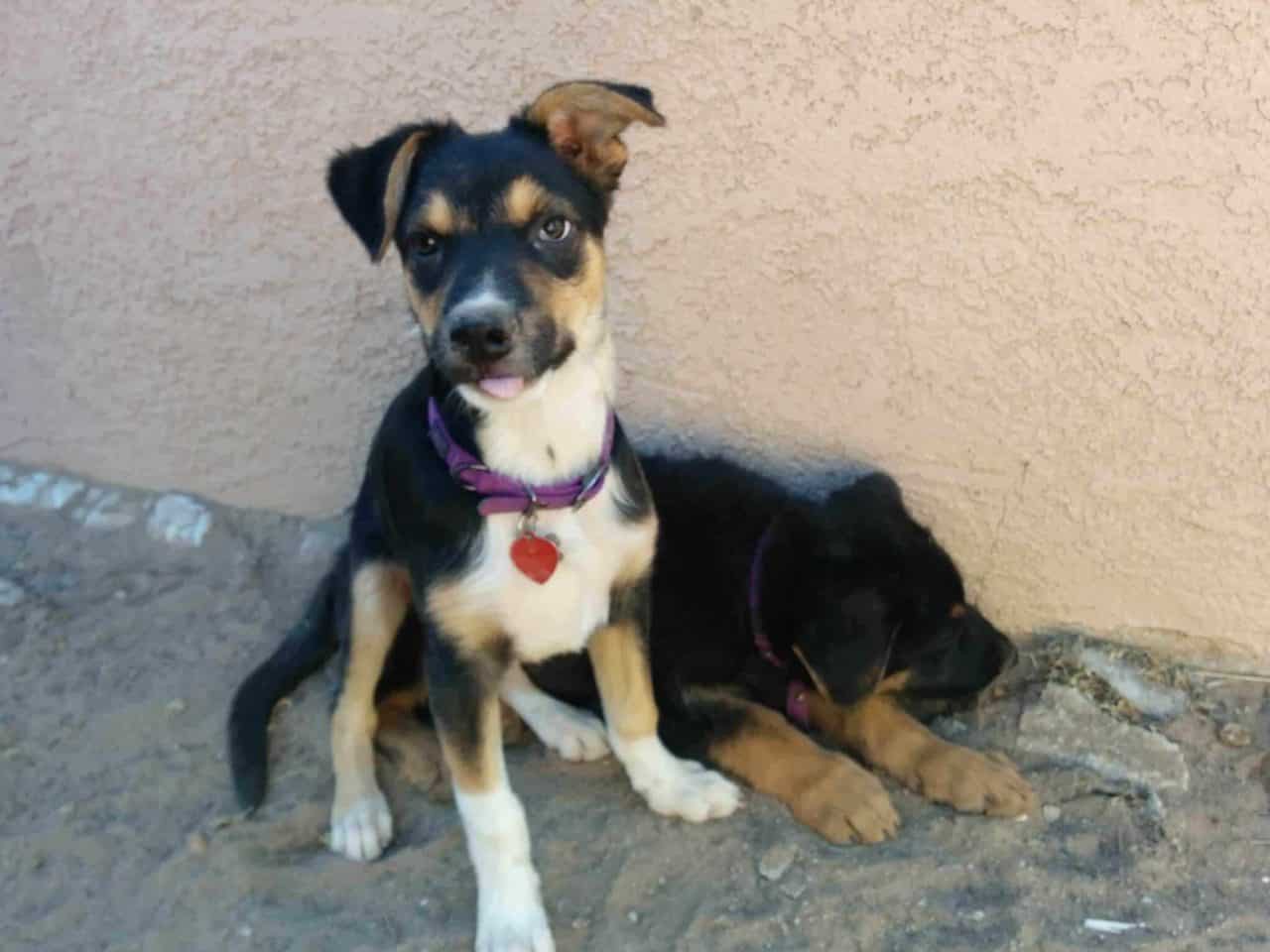We just got two new puppies (I know what an adventure right?) and where to have them spayed or neutered has come up. Here as with most areas you have the standard veterinary option or a spay/neuter clinic. Albuquerque also has a third option through animal control for low to moderate income residents of free spay & neuter at the local animal shelter.
Typical animal/shelter policies are similar to spay & neuter clinics so we will lump them together.
First thing is just because a spay/neuter clinic is low cost does not mean it is low quality or from uncaring individuals. Most vets that work at those clinics love animals and are giving an option for people on a tight budget to still spay or neuter the pets they own but some who work at them are because they can not work at a normal practice due to personal issues.
Clinics tend to have a higher chance of surgical complications. Several reasons go to that but here are what I think the main ones are. The amount of animals they perform surgeries on per day means they are not able to spend as much time monitoring them. Lack of pre surgery blood work. Almost none do blood work before surgery while every veterinarian office does that. The anesthesia used vets use inhalant anesthesia which is adjusted and monitored through the entire surgery in a similar fashion to a human having surgery. Most clinics and animal shelters use injectable drugs which are cheaper but less safe. They also can have complications on their own of wearing off too soon or too long after surgery. Lack of pain medications. Some clinics offer pain medications for an additional fee but some don’t and animal control typically does not either. Surgery is painful and without pain medications it causes a lot of stress on the animal. Clinics do not use an IV catheter to give fluids during the surgery or to administer medications during. They again go back to injectables if anything is needed to be administered. If an emergency occurs it takes time to put an IV in during a surgery which increases the deadly potential of that complication. And lastly something that may be the biggest cause of clinics having higher complications is some do not change supplies, gowns, or gloves inbetween surgeries which leads to the spread of disease.
Veterinary offices use blood pressure and EKG monitoring post surgery while most clinics do not but that monitoring helps detect any potential complications before it becomes a major issue.
Low cost clinics serve a purpose in helping keep the overpopulation of animals under control but for us a veterinary office is going to be the right choice as we will not put our pets life at risk.
Another option is some vets will let you split up the cost of surgery over a year. If you have a puppy this would be great as it includes all 4 sets of shots they will need the first year too. Banfield Pet Hospital and VCA Hospitals both offer a plan for that.

One reply on “Low Cost Spay / Neuter Worth The Price?”
Please be sure to do your research when writing articles like this. Not all reduced cost clinics are considered equal. I work for a high-volume spay/neuter clinic and we do not cut ANY corners. Each animal is given the utmost care. Every animal is given sterile surgical tools, tables, glove changes, and private kennels. Last year alone our veterinarians performed over 10,000 spay/neuter surgeries with a 99.9999% success rate, be sure to ask your vet what their surgical complications rate is. The few who did have complications were feral cats that had underlying/unknown health conditions. All animals receive the maximum dosages of pain medications for their weight. Spay/neuter is what we do. I personally would never take my animals anywhere else for this surgery. Reduced cost does NOT mean reduced quality.